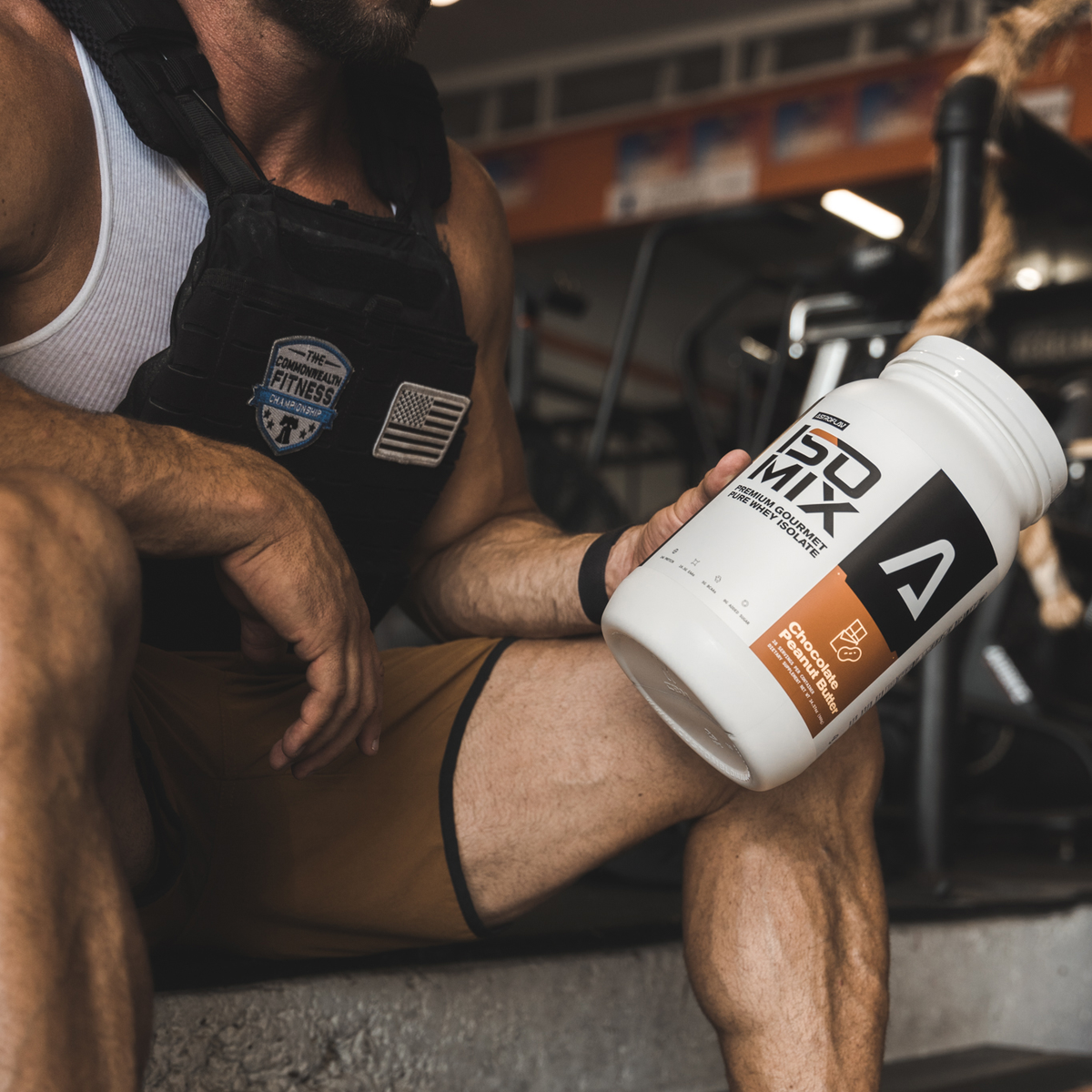A Beginner's Guide to Exercise
Starting a new fitness routine can be daunting, especially if you are new to exercising or are returning from a break. While starting to exercise can be challenging at first, it is incredibly rewarding in the long haul. If you are considering exercising but are not sure where to start, read today's blog post to learn how you can start a fitness routine and stick to it. It is never too late to start prioritizing your health!
Why exercise?
Exercise is a powerful tool that can help you improve your mental and physical wellbeing.
In fact, regular exercise has been proven to improve your health significantly, as exercise helps you to maintain a healthy body weight/muscle mass and also helps to fend off chronic disease.
Exercise also lifts your mood, improves your mental health, helps you maintain high energy levels, and even helps you sleep better.
Overall, exercise is highly influential to your health.
Keep reading to learn how you can take advantage of exercise to improve your life.
Common types of exercise
There are various types of exercises, a combination of which are typically performed together during a single workout.
Aerobic: Aerobic exercises typically include some form of continuous movement. Examples include swimming, running, and dancing.
Strength: Strength exercises aim to increase muscle power and strength. Examples include resistance training, plyometrics, weightlifting, and sprinting.
Calisthenics: Calisthenic exercises typically use body weight to target large muscle groups. Examples include lunges, sit-ups, push-ups, and pull-ups.
High-intensity interval training (HIIT): HIIT exercise includes repetitions of high-intensity exercise followed by low-intensity exercises or rest.
Balance or stability: Balance or stability exercises are meant to strengthen muscles and improve body coordination. Examples include pilates, yoga poses, and core-strengthening exercises.
Flexibility: Flexibility exercises help muscle recovery, maintain range of motion, and prevent injuries. Examples include yoga or individual muscle-stretch movements.
Tips for beginners
1. Warm up & stretch before workouts: It is important than you warm up and stretch your muscles before you workout to help prevent injuries and improve your athletic performance. Doing so can also help to prevent soreness after your workout.
2. Eat to fuel your body: In order to reach your fitness goals, it is important that you optimize your nutrition. Eat to fuel your body, not your emotions.
3. Stay hydrated: Always make sure you are staying hydrated. Drinking plenty of fluids throughout the day will help you maintain healthy hydration levels, which aids in post-workout recovery.
4. Cool down: It is just as important to cool down from your workout as it is to warm up. Cooling down helps your body to return to its normal state and reduces the chance of muscle soreness. Try engaging in light walking after aerobic exercise or stretching after resistance training.
5. Listen to your body: If you are not used to working out frequently, be mindful of your body's limits. Take it easy at first, and be sure to not push yourself too hard. If you feel pain or discomfort while exercising, stop exercising and consult a doctor.
Build a routine, and stick to it
It is essential to consider a few things before starting a new workout routine.
1. Check your health: Meet with a doctor to evaluate your health before starting a new fitness routine. This is particularly important if you plan to engage in strenuous / vigorous physical exercise. Getting a check-up will also help you to understand your physical limitations and create an exercise plan that is tailored to your specific needs.
2. Make a plan and set realistic goals: To ensure the success of your new exercise routine, it is important that you make a plan and set realistic and attainable goals for yourself. Start with small, achievable goals to increase your chances of success and help you stay motivated throughout your fitness journey.
3. Make exercise a habit: If you stick to your exercise routine and do it regularly, you will quickly form a habit. Stay on track with how often you exercise to build a routine and stick to it.
If you would like to read more about how you can establish and stick to a healthy exercise routine, read the two blog posts linked below.











